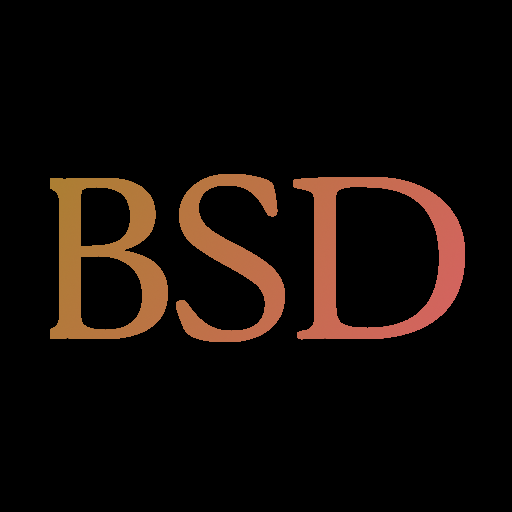I do prefer C, due to its simplicity alone. I think that rewriting programs in Rust, or C++, just because “they are better” would be an unwise descision.
Don’t get me wrong, I do believe they are great languages, however, sometimes you must count your merits, and choose the best tool for the job.










I would use VIM, personally. It may take some getting used to, but once you get it, it can be very useful. (VIM does have syntax highlighting, by the way)